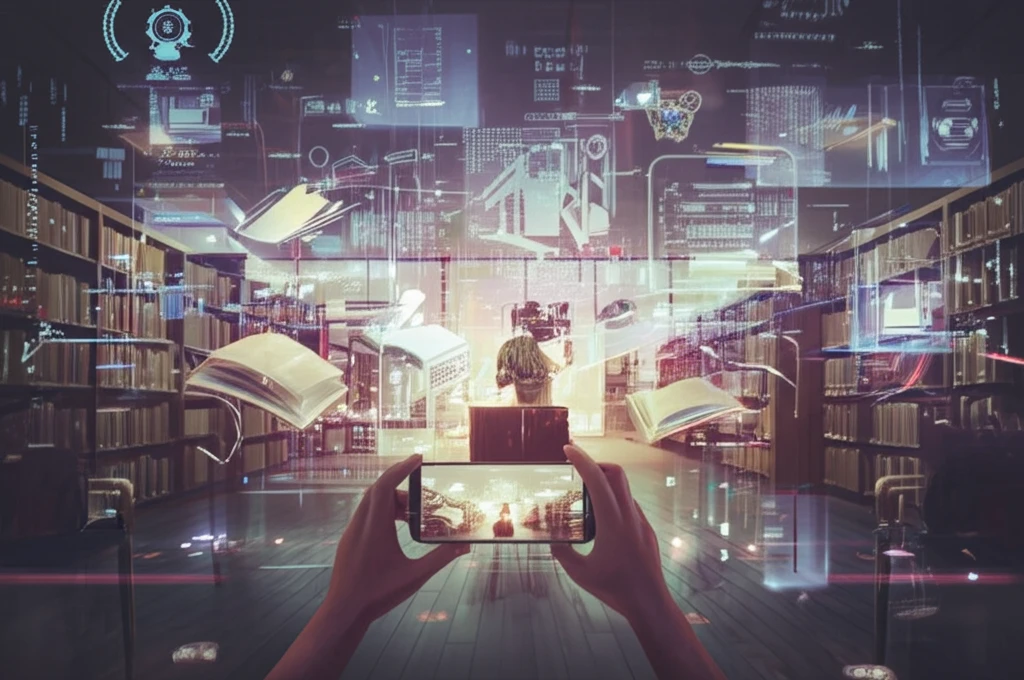
Level Up Your Library: How Mobile Automation is Revolutionizing Learning
"Discover how universities are using mobile devices and video to teach library science, making learning more accessible and engaging for the next generation of librarians."
The intersection of technology and education is constantly evolving, with mobile devices playing an increasingly significant role. In library science, educators are finding creative ways to leverage smartphones, tablets, and video to enhance learning and prepare students for the demands of modern librarianship. This approach not only makes education more accessible but also equips future librarians with the tech skills they need to thrive.
Consider the Universidade Federal do Cariri (UFCA) in Brazil, where library science students are diving into mobile video production to master library automation. This initiative addresses the need for practical, hands-on learning in a field that increasingly relies on technology. By creating videos, students deepen their understanding of library systems and develop valuable technical skills.
This article explores how mobile devices and video production are transforming library science education, offering a glimpse into the future of learning and the innovative strategies shaping the next generation of information professionals.
Why Mobile Learning is a Game-Changer for Library Science

Mobile learning, or m-learning, has emerged as a powerful tool in education, offering flexibility and accessibility that traditional methods often lack. For library science, this means students can learn about automation systems and technologies anytime, anywhere, using devices they already own. This shift is particularly relevant as libraries themselves become increasingly digitized and reliant on mobile technology.
- Ubiquitous Access: Smartphones and tablets are now commonplace, providing students with constant access to learning materials and resources.
- Engaging Content: Video production allows for dynamic and interactive content creation, making complex topics more accessible and interesting.
- Practical Skill Development: Creating videos and working with mobile devices helps students develop essential tech skills for modern librarianship.
- Real-World Application: Mobile learning encourages students to explore and document real-world library automation systems, bridging the gap between theory and practice.
The Future of Library Science Education
Mobile learning and video production are not just passing trends in library science education; they represent a fundamental shift in how students learn and prepare for their careers. As technology continues to evolve, these approaches will become even more critical for equipping future librarians with the skills and knowledge they need to thrive in a rapidly changing information landscape. Embracing these innovative methods ensures that library science education remains relevant, accessible, and engaging for the digital age.
